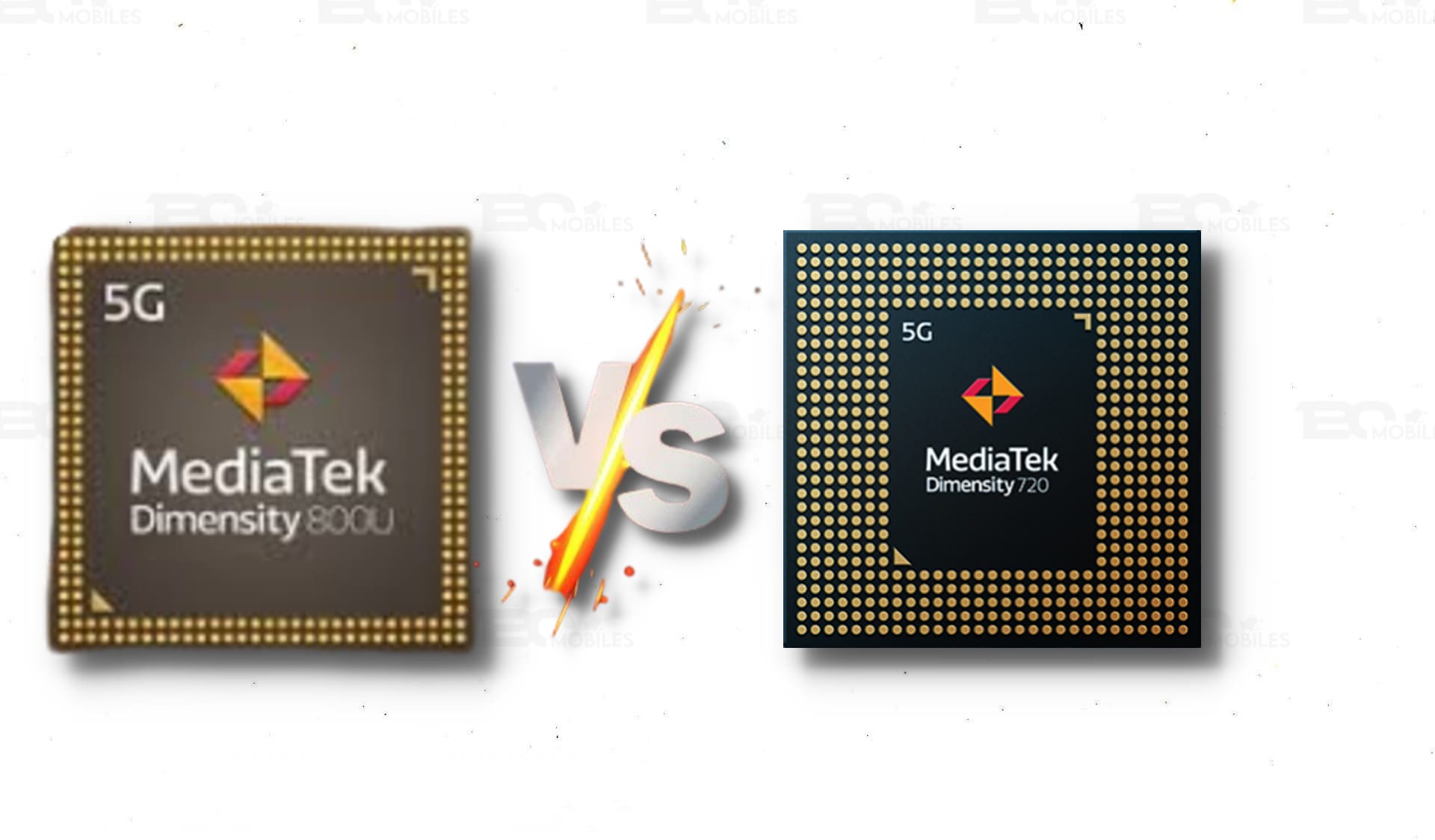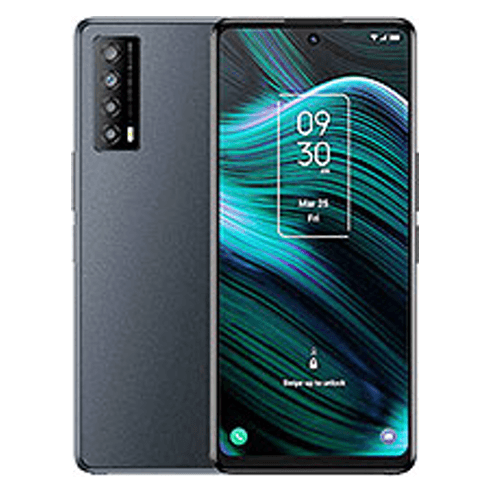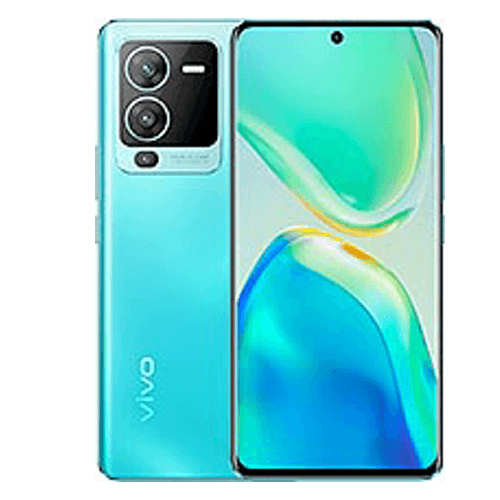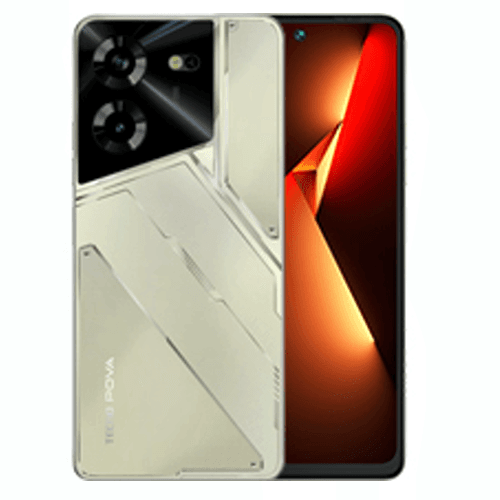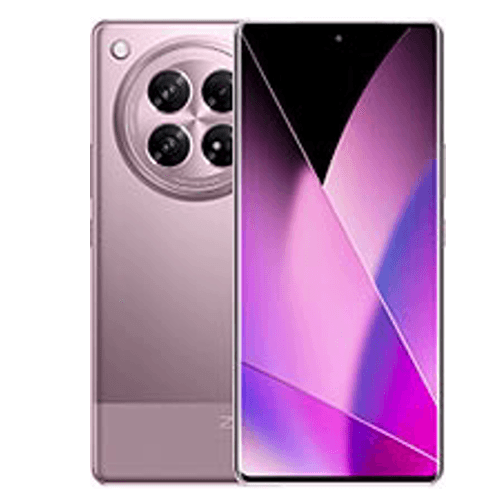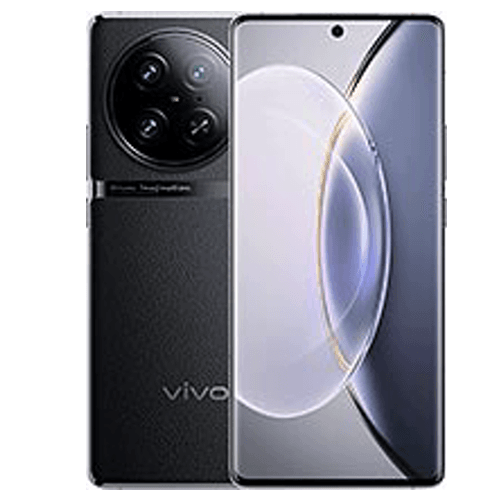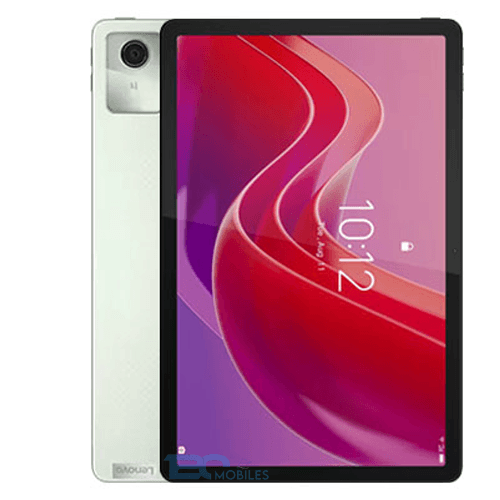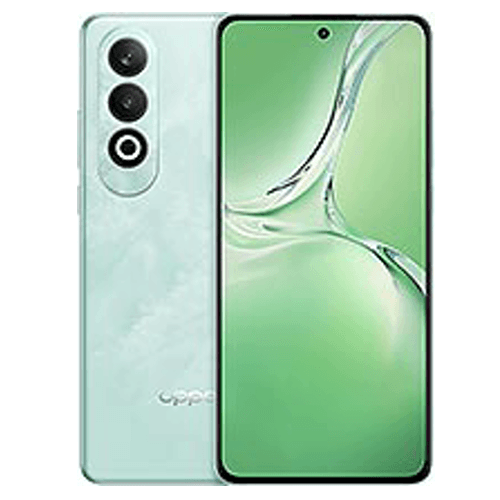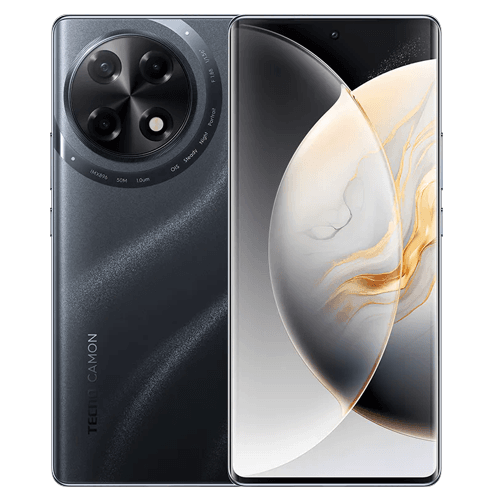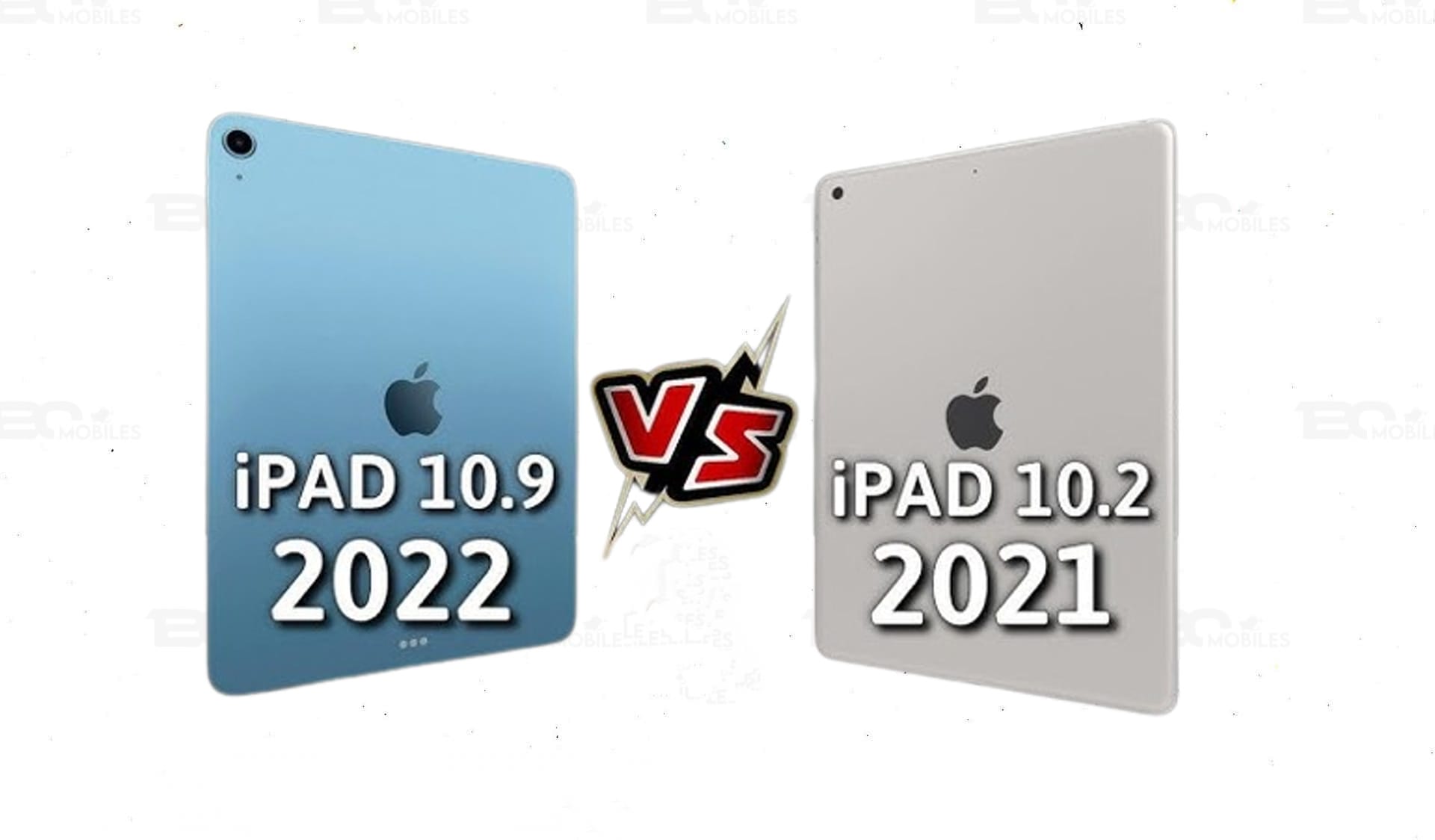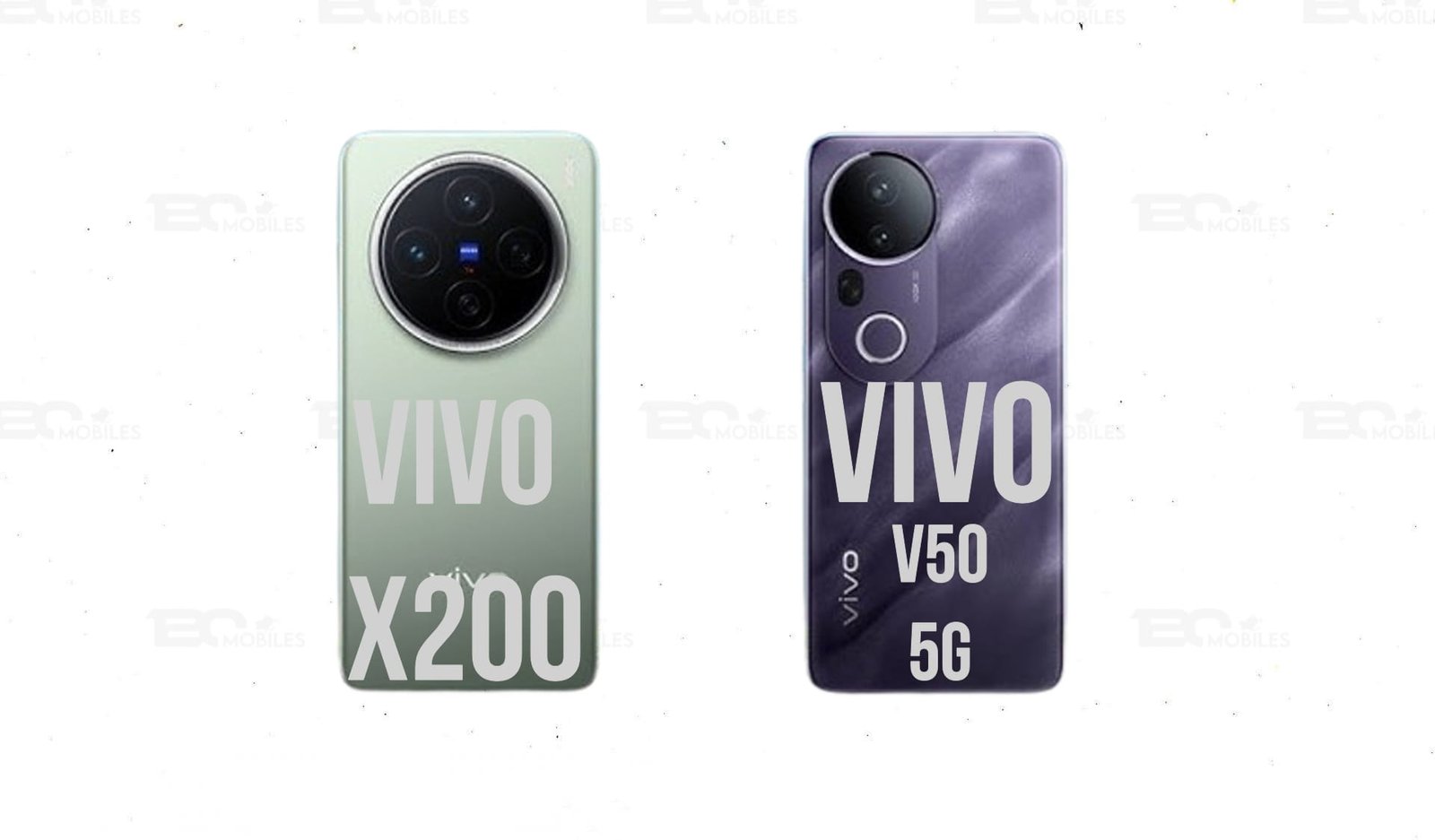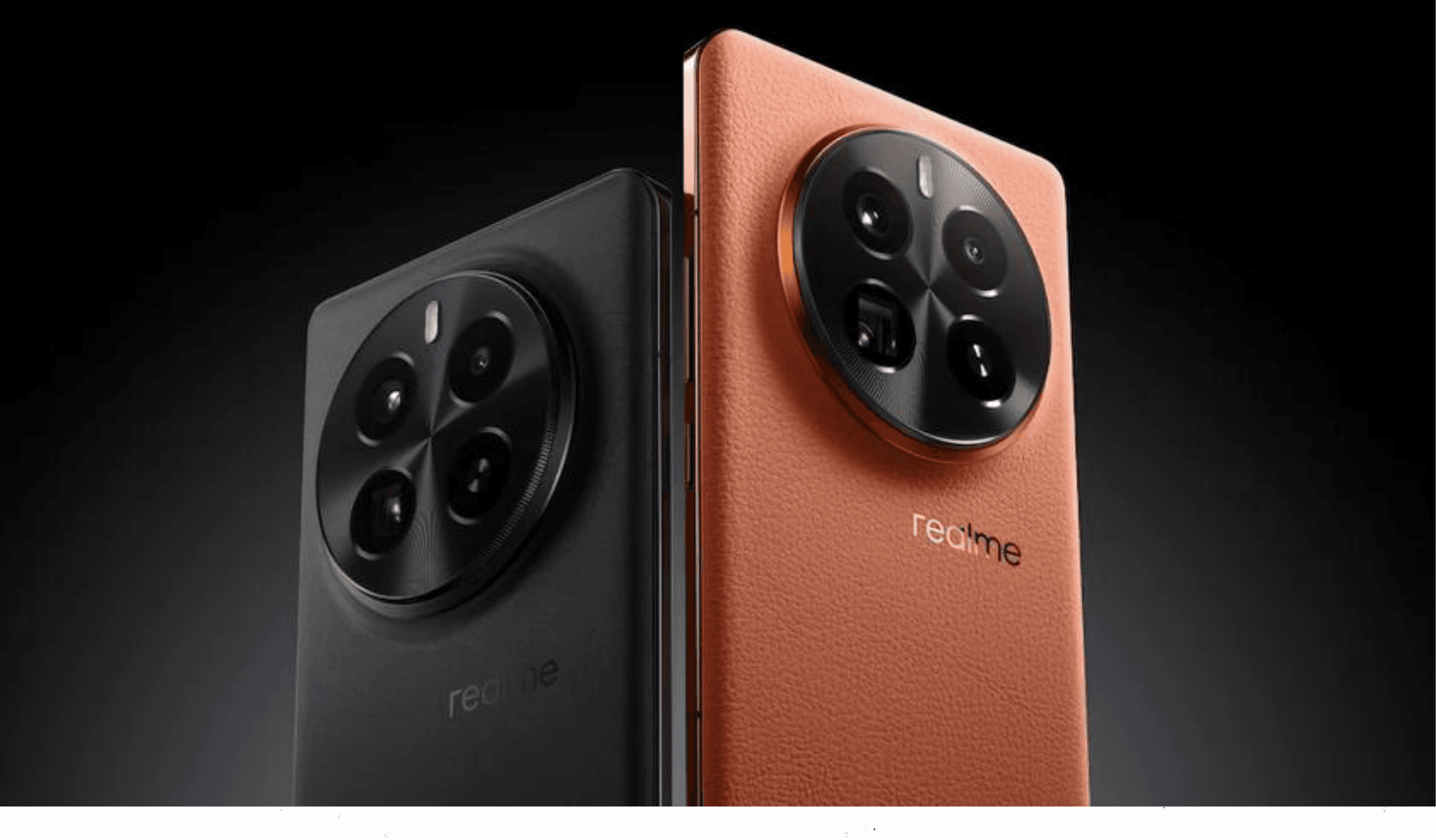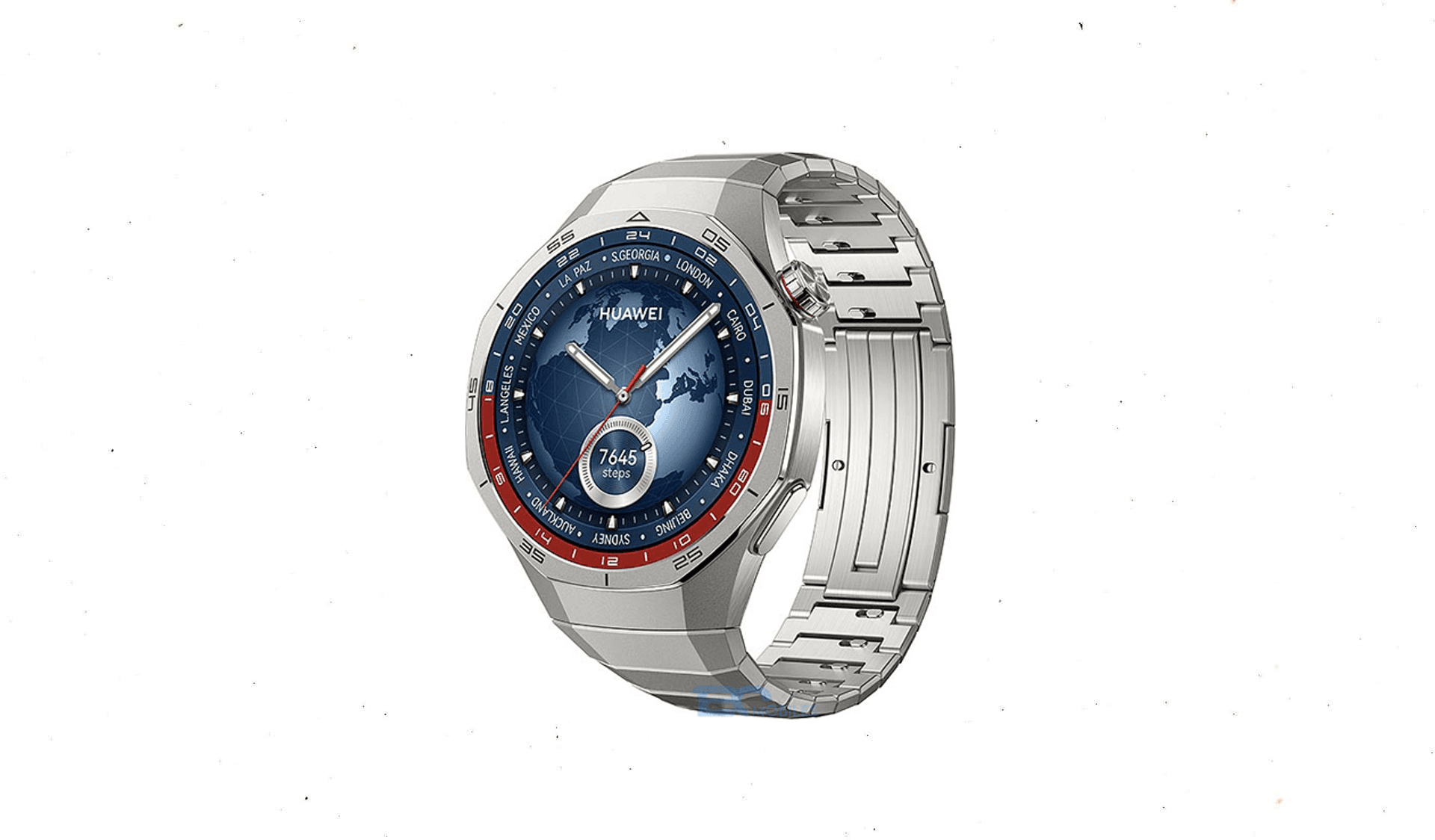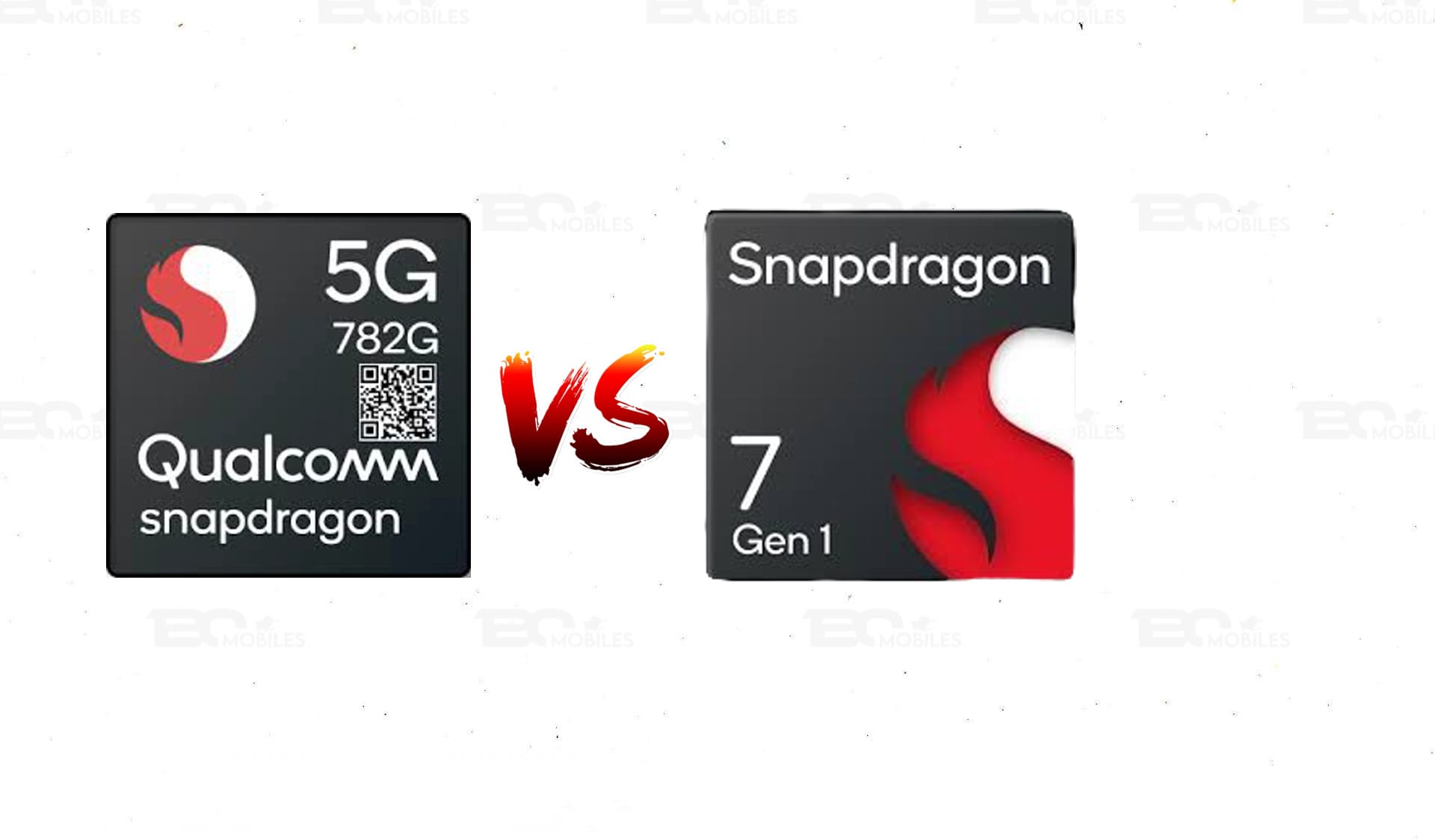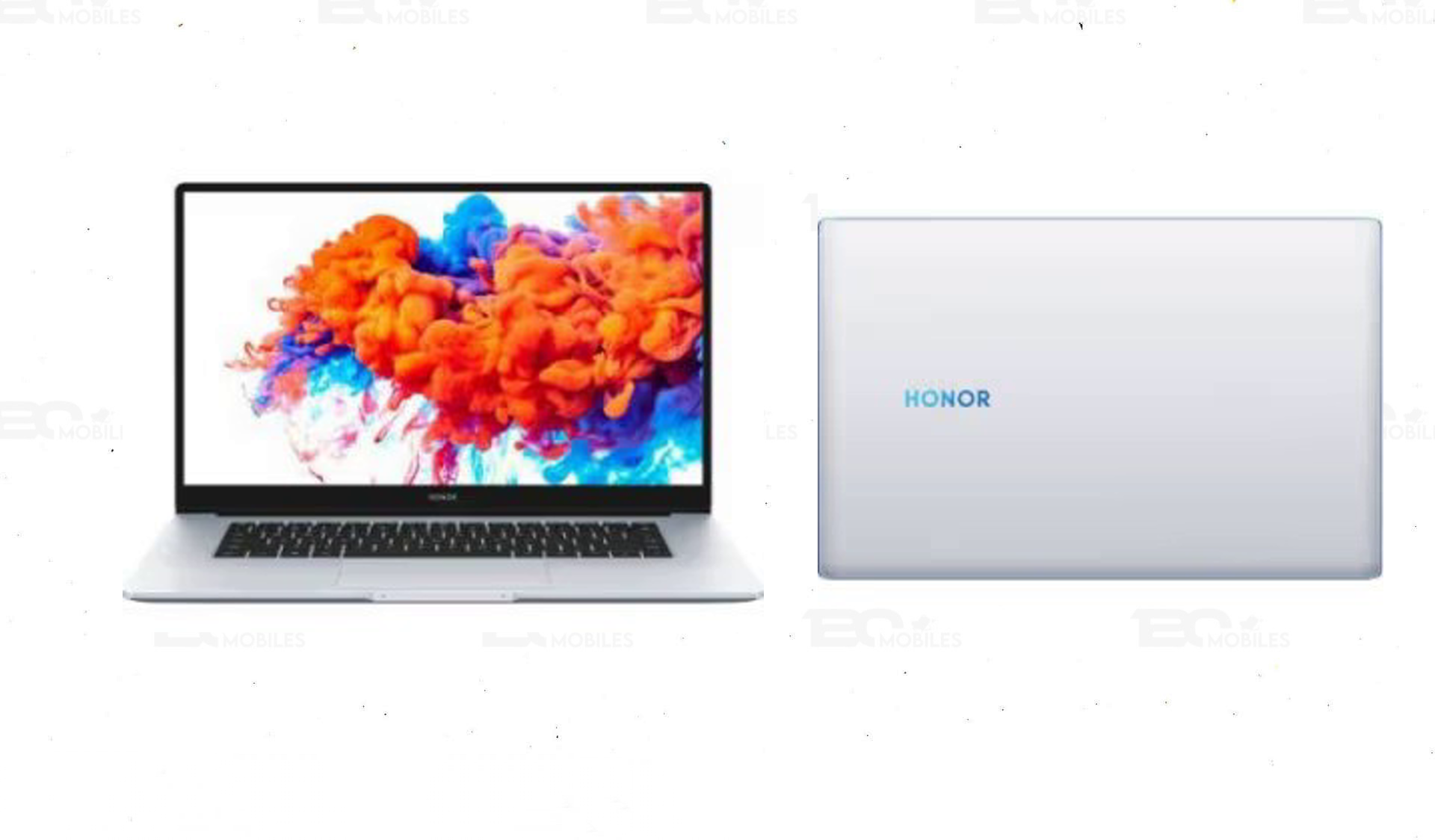introduction
The MediaTek Dimensity 800U, and the true mid-range MediaTek Dimensity 720 delivers to its segment, making it ideal for midrange smartphones that users have. This also means the two were launched at different periods in 2020, and targeted very different market segments — with the Dimensity 800U placing itself as a more premium offering that is “5G-Ready,” whilst the Dimensity 720 was designed to be more generic throughout the conventional LTE market. Helio G90 and P92 are designed using future focused technologies to satisfy your demanding works like Gaming, Photography, multi-tasking but differences in spec-sheet on-paper here as well as performance would make one chipset good for what it is made of.
The Dimensity 800U is built with a more advanced 7nm process that allows it to offer increased speeds and power efficiency over the older Dimensity 720 which uses an 8nm process. Due to this design difference, the 800U offers better gaming and multitasking capabilities since it has a higher clock speed and supports 5G connectivity. The Dimensity 720, for its part, is tuned to deliver solid performance in typical daily tasks with up to 64MP cameras and hence will be perfect for price-sensitive users who do not care about including an integrated 5G modem.
Overall graphic performance of both chipsets is sufficient for medium-level gaming experience where the ARM Mali-G57 GPU ensures mediocore gaming experiences while higher clock rate on the 800U provides better fps in graphic-intensive applications. It also grants the 800U a more sophisticated AI engine for improved camera and AI features than the strictly mid-level sort you’d find on the 720.
Both chipsets are designed to support high-resolution sensors for better camera performance, but the Dimensity 800U goes a step further with its improved image-processing modules, which will make it a highly recommended choice if you have made up your mind on getting stunning shots and videos.
Comparison of MediaTek Dimensity 800U vs MediaTek Dimensity 720
| Feature | MediaTek Dimensity 800U | MediaTek Dimensity 720 |
|---|---|---|
| Launch Year | 2020 | 2020 |
| Manufacturing Process | 7nm | 8nm |
| CPU Cores | Octa-core (2x Cortex-A76 + 6x Cortex-A55) | Octa-core (2x Cortex-A76 + 6x Cortex-A55) |
| CPU Clock Speed | 2.4 GHz (Performance) | 2.0 GHz (Performance) |
| GPU | ARM Mali-G57 | ARM Mali-G57 |
| 5G Support | Yes, Sub-6 5G | No 5G (4G only) |
| RAM Support | LPDDR4x, LPDDR5 | LPDDR4x |
| Camera Support | 64MP | 64MP |
| Display Support | 120Hz @ Full HD+ | 90Hz @ Full HD+ |
| Connectivity | 5G, Wi-Fi 5, Bluetooth 5.0, GPS, NFC | 4G, Wi-Fi 5, Bluetooth 5.0, GPS, NFC |
| Battery Efficiency | Efficient 7nm architecture | Energy-efficient 8nm process |
Specifications
| Feature | MediaTek Dimensity 800U | MediaTek Dimensity 720 |
|---|---|---|
| Processor Type | Octa-core (2x Cortex-A76 + 6x Cortex-A55) | Octa-core (2x Cortex-A76 + 6x Cortex-A55) |
| Manufacturing Process | 7nm | 8nm |
| CPU Clock Speed | 2.4 GHz (Performance) | 2.0 GHz (Performance) |
| GPU | ARM Mali-G57 | ARM Mali-G57 |
| AI Engine | MediaTek APU 2.0 | MediaTek APU 2.0 |
| 5G Support | Yes, Sub-6 5G | No 5G (4G only) |
| Camera Support | Up to 64MP | Up to 64MP |
| Display Support | 120Hz @ Full HD+ | 90Hz @ Full HD+ |
| Storage Type | UFS 2.1 | UFS 2.1 |
| Memory Support | LPDDR4x, LPDDR5 | LPDDR4x |
| Connectivity | 5G, Wi-Fi 5, Bluetooth 5.0, GPS, NFC | 4G, Wi-Fi 5, Bluetooth 5.0, GPS, NFC |
| Battery Efficiency | Efficient 7nm process | Efficient 8nm process |
| Audio Support | Hi-Fi Audio | Hi-Fi Audio |
Detailed Functionalities
Review
| Feature | MediaTek Dimensity 800U | MediaTek Dimensity 720 |
|---|---|---|
| Performance | Strong performance with 7nm architecture and 5G support | Reliable mid-range performance with 8nm process |
| Gaming Performance | Good gaming performance with Mali-G57 GPU | Decent gaming performance with Mali-G57 GPU |
| Battery Efficiency | Excellent battery efficiency due to 7nm process | Efficient power consumption due to 8nm process |
| Camera Performance | Excellent for photography with up to 64MP support | Good camera capabilities with up to 64MP support |
| 5G Connectivity | Supports 5G connectivity, ideal for future-proofing | No 5G support, 4G connectivity only |
Benchmarks
| Benchmark | MediaTek Dimensity 800U | MediaTek Dimensity 720 |
|---|---|---|
| AnTuTu 10 Score | ~380,000 | ~270,000 |
| Geekbench 5 | ~550 (Single-core), ~1,800 (Multi-core) | ~500 (Single-core), ~1,500 (Multi-core) |
AnTuTu 10
| Feature | MediaTek Dimensity 800U | MediaTek Dimensity 720 |
|---|---|---|
| Overall Score | 380,000 | 270,000 |
| CPU Score | 100,000 | 85,000 |
| GPU Score | 110,000 | 80,000 |
| UX Score | 90,000 | 60,000 |
| Memory Score | 95,000 | 70,000 |
Geekbench 6
| Feature | MediaTek Dimensity 800U | MediaTek Dimensity 720 |
|---|---|---|
| Single-Core Score | ~550 | ~500 |
| Multi-Core Score | ~1,800 | ~1,500 |
| Performance Efficiency | Strong due to 7nm process | Balanced power consumption with 8nm process |
Smartphones
| MediaTek Dimensity 800U Smartphones | MediaTek Dimensity 720 Smartphones |
|---|---|
| Realme Narzo 30 Pro | Realme Narzo 30 5G |
| Redmi Note 9 Pro 5G | Vivo Y30 5G |
| Poco X3 Pro | Samsung Galaxy A32 5G |
| Vivo Y73s | Motorola Moto G 5G Plus |
| Motorola Moto G 5G | Oppo A53s 5G |
| Oppo A73 5G | Realme 8 5G |
| Realme 7 5G | |
| Redmi Note 10 5G | |
| Vivo V20 SE 5G |
Information
| Feature | MediaTek Dimensity 800U | MediaTek Dimensity 720 |
|---|---|---|
| Launch Year | 2020 | 2020 |
| Manufacturing Process | 7nm | 8nm |
| CPU Architecture | ARM Cortex-A76 & Cortex-A55 | ARM Cortex-A76 & Cortex-A55 |
| Max Clock Speed | 2.4 GHz (Performance) | 2.0 GHz (Performance) |
| AI Engine | MediaTek APU 2.0 | MediaTek APU 2.0 |
| 5G Support | Yes, Sub-6 5G | No 5G (4G only) |
| Camera Support | Up to 64MP | Up to 64MP |
| Display Support | 120Hz @ Full HD+ | 90Hz @ Full HD+ |
| Storage Type | UFS 2.1 | UFS 2.1 |
| Memory Support | LPDDR4x, LPDDR5 | LPDDR4x |
| Connectivity | 5G, Wi-Fi 5, Bluetooth 5.0, GPS, NFC | 4G, Wi-Fi 5, Bluetooth 5.0, GPS, NFC |
| Battery Efficiency | Efficient 7nm process | Efficient 8nm process |
CPU
| Feature | MediaTek Dimensity 800U | MediaTek Dimensity 720 |
|---|---|---|
| Core Configuration | Octa-core (2x Cortex-A76, 6x Cortex-A55) | Octa-core (2x Cortex-A76, 6x Cortex-A55) |
| Max Clock Speed | 2.4 GHz (Performance) | 2.0 GHz (Performance) |
| Manufacturing Process | 7nm | 8nm |
| CPU Performance | Strong performance with a high clock speed | Balanced performance suitable for mid-range devices |
| Target Use Case | Gaming, heavy multitasking, 5G connectivity | Standard multitasking, mid-range performance |
Graphics (GPU)
| Feature | MediaTek Dimensity 800U | MediaTek Dimensity 720 |
|---|---|---|
| GPU | ARM Mali-G57 | ARM Mali-G57 |
| GPU Clock Speed | Up to 850 MHz | Up to 800 MHz |
| Gaming Performance | Good gaming performance with high frame rates | Decent gaming performance for casual gamers |
| Graphics API Support | OpenGL ES 3.2, Vulkan 1.1, OpenCL 2.0 | OpenGL ES 3.2, Vulkan 1.1, OpenCL 2.0 |
| Graphics Efficiency | Optimized for gaming with efficient power use | Good for casual gaming, less powerful than 800U |
AI Accelerator
| Feature | MediaTek Dimensity 800U | MediaTek Dimensity 720 |
|---|---|---|
| AI Engine | MediaTek APU 2.0 | MediaTek APU 2.0 |
| AI Performance | Enhanced AI capabilities for camera, voice, and more | Moderate AI capabilities for photo enhancement |
| AI Features | AI-enhanced photography, video, and gaming | AI-enhanced photography, basic AI processing |
| Neural Network Processing | Advanced neural network acceleration for tasks like object recognition | Standard AI for simpler tasks |
Memory
| Feature | MediaTek Dimensity 800U | MediaTek Dimensity 720 |
|---|---|---|
| RAM Type | LPDDR4x, LPDDR5 | LPDDR4x |
| Max RAM Supported | 12GB | 8GB |
| RAM Speed | Up to 2133 MHz | Up to 2133 MHz |
| Storage Type | UFS 2.1 | UFS 2.1 |
| Max Storage Supported | 256GB | 256GB |
Multimedia (ISP)
| Feature | MediaTek Dimensity 800U | MediaTek Dimensity 720 |
|---|---|---|
| ISP (Image Signal Processor) | Imagiq 5.0 | Imagiq 3.0 |
| Camera Resolution | Up to 64MP | Up to 64MP |
| Video Recording | 4K @ 30fps | 4K @ 30fps |
| Multi-Camera Support | Yes, dual-camera setup (up to 64MP + 20MP) | Yes, dual-camera setup (up to 64MP + 20MP) |
| HDR Support | HDR10+ | HDR10+ |
Connectivity
| Feature | MediaTek Dimensity 800U | MediaTek Dimensity 720 |
|---|---|---|
| 5G Support | Yes, Sub-6 5G | No 5G (4G only) |
| Wi-Fi | Wi-Fi 5 (802.11ac) | Wi-Fi 5 (802.11ac) |
| Bluetooth | Bluetooth 5.0 | Bluetooth 5.0 |
| GPS | Yes, Dual GPS | Yes, Dual GPS |
| NFC | Yes | Yes |
Power Efficiency
| Feature | MediaTek Dimensity 800U | MediaTek Dimensity 720 |
|---|---|---|
| Manufacturing Process | 7nm | 8nm |
| Battery Efficiency | Excellent efficiency with lower power consumption | Good power consumption with optimized 8nm process |
| Max Power Consumption | ~8W | ~10W |
| Power Saving Features | Dynamic Voltage and Frequency Scaling (DVFS) | Efficient cores and low-power idle states |
| Heat Dissipation | Efficient heat dissipation due to 7nm process | Moderate power dissipation with 8nm process |
Your Questions & Our Opinion about the MediaTek Dimensity 800U or MediaTek Dimensity 720?
1. Which chipset is better for gaming, MediaTek Dimensity 800U or MediaTek Dimensity 720?
- The MediaTek Dimensity 800U is better for gaming due to its faster clock speeds and superior GPU performance, providing a smoother gaming experience.
2. Does the MediaTek Dimensity 800U support 5G?
- Yes, the Dimensity 800U supports 5G, offering faster data speeds and better network connectivity compared to the Dimensity 720, which supports 4G only.
3. Which chipset is more power-efficient?
- Both chipsets are energy-efficient, but the Dimensity 800U, built on a 7nm process, offers slightly better power efficiency than the Dimensity 720 with its 8nm process.
4. Which chipset has a better CPU?
- The Dimensity 800U has a higher clock speed (2.4 GHz vs. 2.0 GHz), making it faster and more capable in handling demanding tasks compared to the Dimensity 720.
5. Does the MediaTek Dimensity 800U support faster refresh rates?
- Yes, the Dimensity 800U supports 120Hz displays, while the Dimensity 720 supports 90Hz, offering smoother visuals in the 800U.
6. Is the MediaTek Dimensity 720 suitable for high-end photography?
- Yes, the Dimensity 720 supports up to 64MP cameras, providing good photography quality, but the Dimensity 800U offers better overall performance with 64MP camera support.
7. Which chipset is more affordable?
- The Dimensity 720 is generally more affordable, being targeted at entry-level smartphones, whereas the Dimensity 800U is aimed at more premium mid-range devices.
8. Which chipset offers better connectivity?
- The Dimensity 800U offers 5G connectivity, making it a better choice for users seeking faster internet speeds, whereas the Dimensity 720 supports only 4G.
9. Which chipset is better for battery life?
- The Dimensity 800U is more power-efficient due to its 7nm process, which results in better battery life compared to the Dimensity 720‘s 8nm process.
10. Which chipset is better for multitasking?
The Dimensity 800U, with its higher clock speed and efficient 7nm architecture, handles multitasking and demanding apps better than the Dimensity 720.

